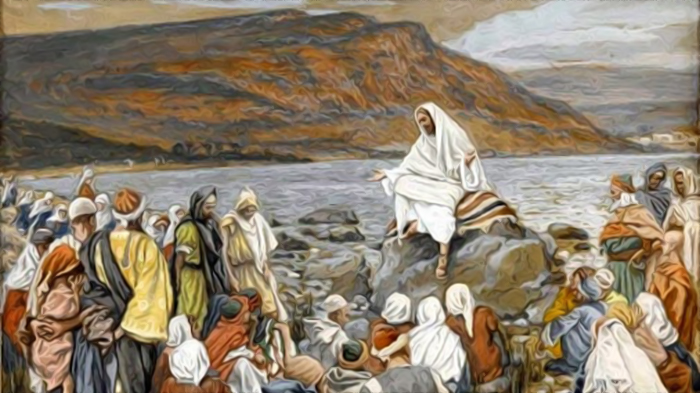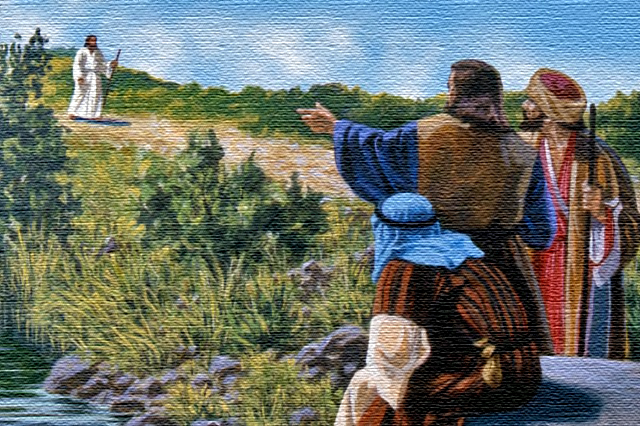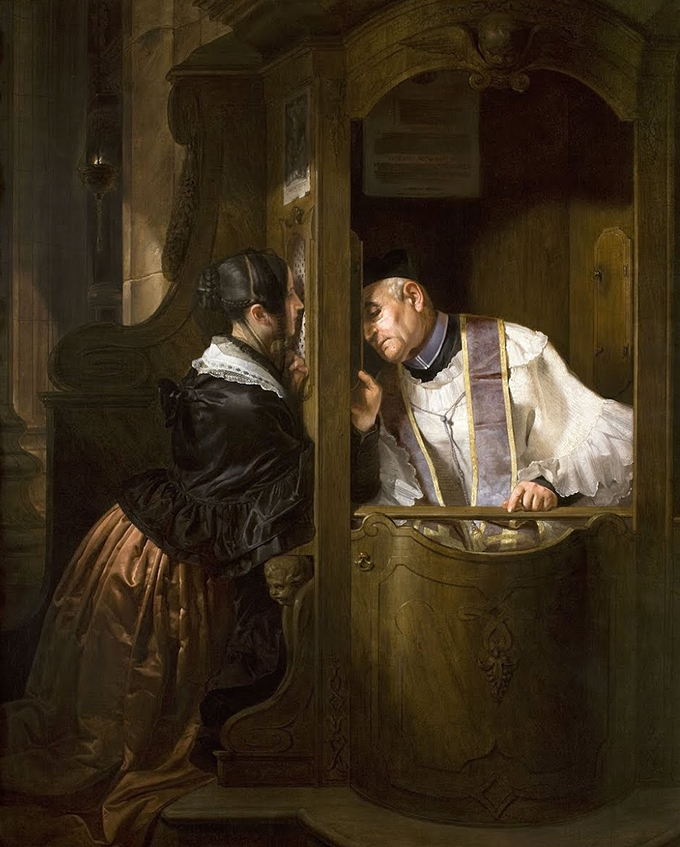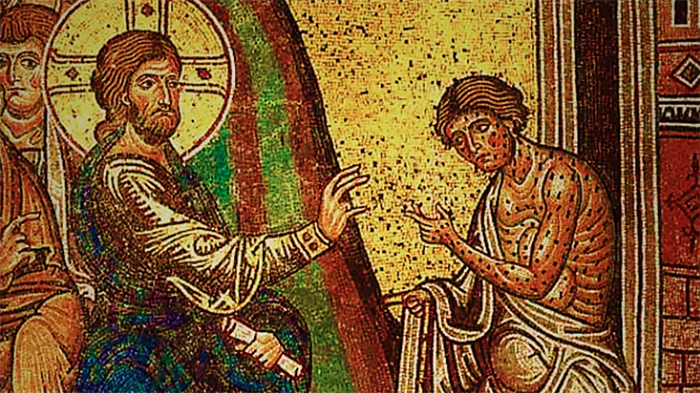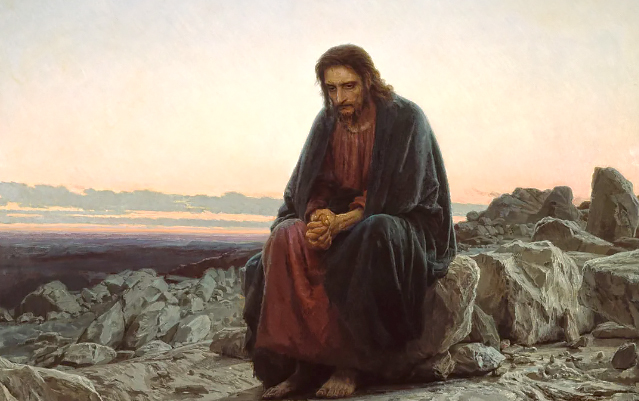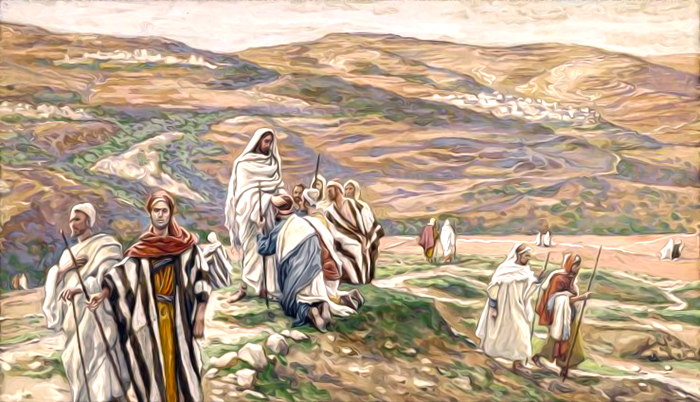
God calls each of us to a particular vocation and mission for which we have been created. Some, like the twelve apostles, are called to dedicate their lives in service to God as a priest or in religious orders for women and men who consecrate themselves to the service of the Lord. Others, as Amy Welborn writes, “live quietly within layers and layers of hard work and sacrifice that are poured out in answer to God’s call, working together with the Lord, to build that extravagant place called the Kingdom of God.” In his “great commission,” Jesus told his apostles and all disciples who came after them, to teach everything that he taught to the world. This is the perpetual mission of His Church and each of us. While we’re not all called to be missionaries in foreign lands, all are called to do their part according to their state in life by giving witness to the truths of our One, Holy, Catholic, and Apostolic Faith. The core of this mission is to bring the light and love of Christ to the world and, through our lived examples, preach the saving grace found only in Him and sustained by His Church.

